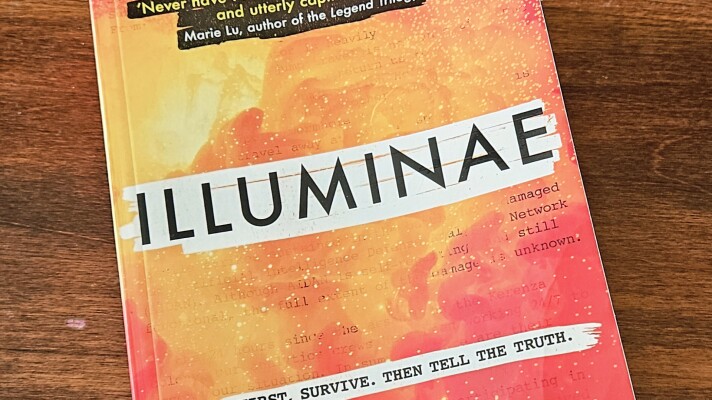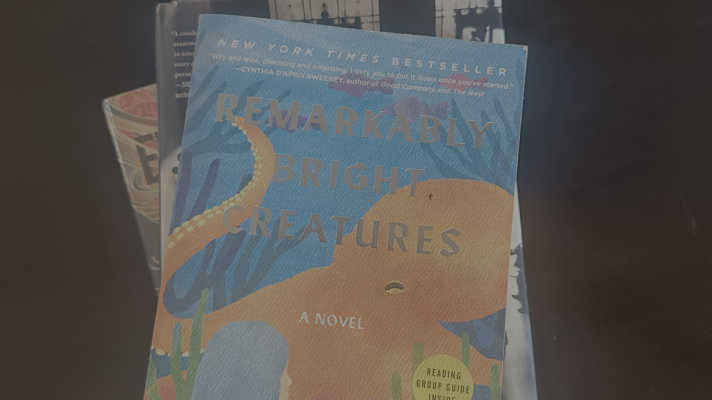On January 8th, 1956, five American missionaries were speared to death in the Ecuadorian jungle by members of the tribe they had come to convert. The event made international headlines and made the five missionaries Jim Elliott, Nate Saint and three others household names.
Less well known, however, is the fact that only two years later, members of that same tribe invited Jim Elliott's widow and Nate Saint, sister, to come live with them. Even less well-known is that Nate Saint's son, Steve, grew up among the Waodani tribe, and that in 1994, when Nate's sister Rachel died after having lived with the Waodani for almost 40 years, the Waodani asked Steve to move back to the jungle to live with them.
End of the spear is the story of Steve's relationship with the wild. Only once widely known for ferocious violence towards outsiders, the Waodani now considers Steve like family, and Steve himself is best friends with the very man who killed his father back in 1956. The book explores the history that allowed these unexpected friendships to develop. Indeed, after Rachel Saint's death in 1994, the Waodani opened up to an unprecedented degree about just what had happened on that day in 1956. In 'End of the Spear', Steve Saint is able to present the indigenous version of events for the first time.
'End of the Spear' was one of the first books that my wife and I read together after our marriage, and I was especially encouraged by Steve's honest descriptions of how he and his wife worked through the difficult decision to give up their comfortable life in Florida and move to Ecuador, and how they and their kids adjusted to life in the jungle.
Steve is also refreshingly honest about his own shortcomings, especially as a Westerner who, even though he grew up with Waodani, sometimes underestimates them. The book is filled with examples of Waodani knowing better than Steve, and this comes to a head. In fact, when Steve and his family realized that continuing to live with the Waodani would actually do them more harm than good, causing the Waodani to become dependent on foreign assistance rather than self-sufficient in their own right.
Steve's descriptions of the dangers posed to indigenous self-sufficiency by different types of Western interference caused me to reconsider my understanding of cross-cultural philanthropy and to gain more respect for indigenous peoples around the world. Both Steve and the Waodani consider the transformation of Waodani culture to be the result of the Christian gospel. But this book is valuable for religious and non-religious readers alike.
As a moving story of the power of love and forgiveness, and a thought provoking examination of the industrialized West's effect on indigenous cultures, 'End of the Spear' is a unique portrayal of cross-cultural relationships that will leave you thinking long after you've finished the book.












